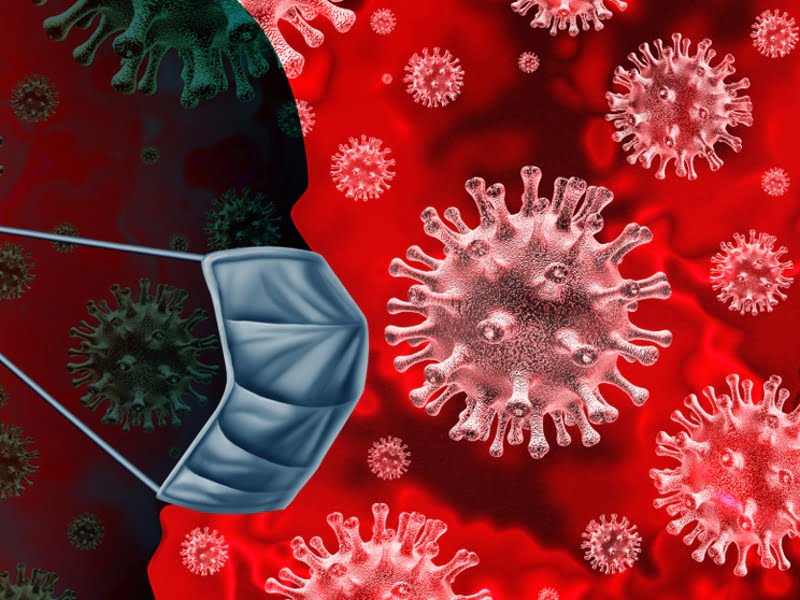The Government has announced the commencement of a self-paid serology antibody testing service at the airport from 18 August for people arriving in Hong Kong. No prices have yet been confirmed.
Fully vaccinated people arriving in Hong Kong who do not possess a positive result proof of a recognised serology antibody test can choose to undergo a self-paid serology antibody test at the airport’s Temporary Specimen Collection Centre (TSCC) during “test and hold”. The relevant arrangement will be as follows:
(a) Fully vaccinated persons who have stayed in the new Group B specified places will still have to abide by the following relevant boarding requirements, otherwise they will not be able to board flights for Hong Kong:
(i) present a recognised vaccination record,
(ii) present a negative result proof of a polymerase chain reaction (PCR)-based nucleic acid test for COVID-19 conducted within 72 hours before the scheduled time of departure of the aircraft, and
(iii) present confirmation in English or Chinese of room reservation in a DQH in Hong Kong for no less than 14 nights starting from the day of the arrival of the relevant traveller at Hong Kong;
(b) before departure, relevant persons should register and pay for the test on the website of the self-paid serology antibody testing service provider, accessible via a link to be uploaded on the Government’s COVID-19 thematic website (www.coronavirus.gov.hk/eng/inbound-travel.html);
(c) upon arrival, follow instructions to undergo “test-and-hold” at TSCC;
(d) after specimen collection for the nucleic acid test under “test-and-hold” and on receipt of the relevant quarantine order, persons arriving at Hong Kong who choose to undergo a self-paid serology antibody test at the airport can follow directions to undergo the test by venous blood sampling; and
(e) after undergoing venous blood sampling, the relevant person can leave the airport on confirmation of a negative nucleic acid test result by Government-arranged designated transport to undergo compulsory quarantine in DQHs.
The result of the serology antibody test will be available in about 2 days. If the result is positive, the Department of Health will contact the relevant passengers through their DQHs to shorten their compulsory quarantine period to 7 days. The relevant persons can then arrange with DQHs on refunding the cost of the remaining 7 nights of room reservation.
Passengers still have to undergo two nucleic acid tests during the 7-day compulsory quarantine period, followed by a 7-day self-monitoring period as well as compulsory testing on the 9th, 12th, 16th and 19th days of arrival at Hong Kong.
“Persons who choose to undergo self-paid serology antibody testing at the airport will still be required to present at boarding the confirmation of a room reservation of no less than 14 nights in a DQH in Hong Kong, or they will not be allowed to board flights for Hong Kong. The self-paid serology antibody testing service is provided by private testing institutions. Details can be checked with the institutions directly. Persons arriving at Hong Kong should endeavour to reserve and pay for the serology antibody test before departure, in order to ensure a smooth arrival process,” a Government spokesman reminded.

